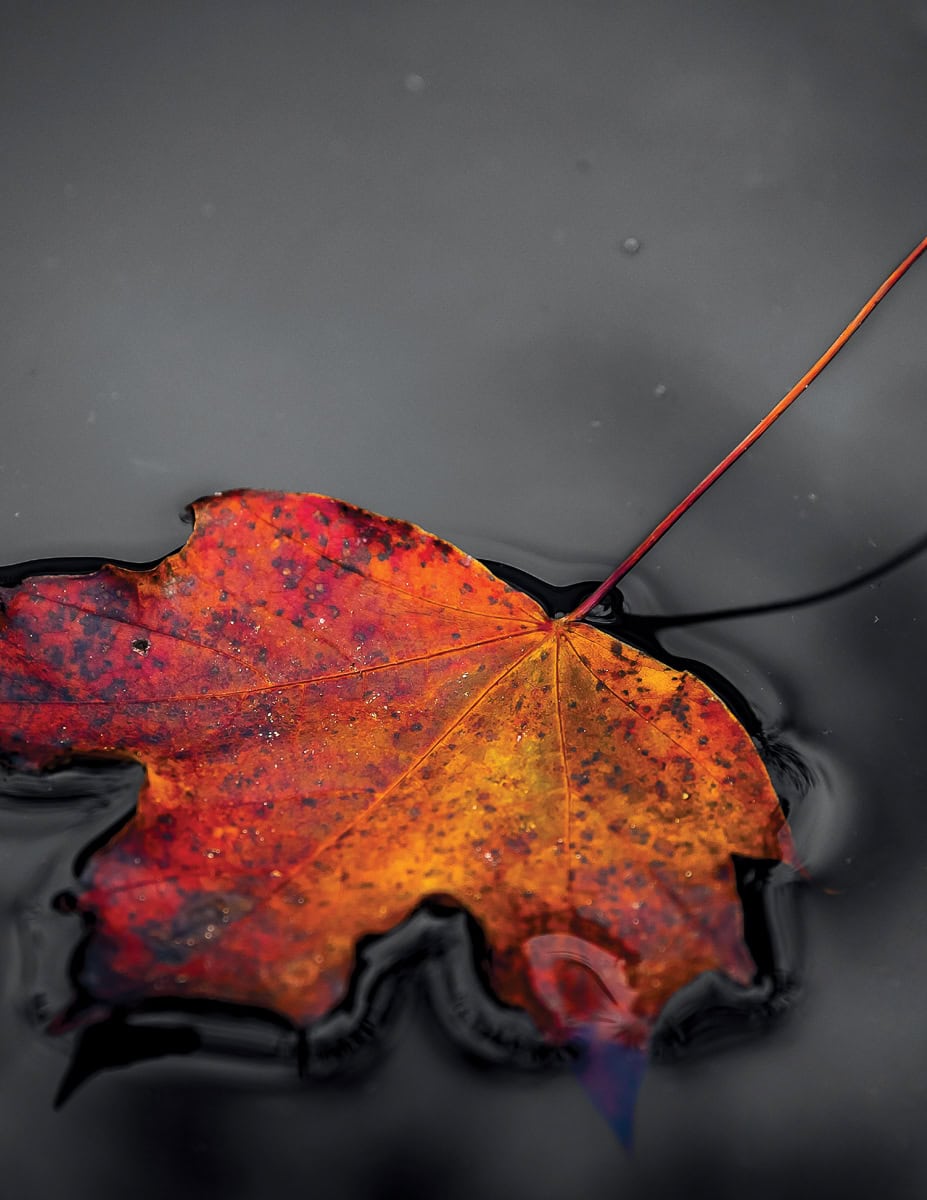Expert Tips for Keeping Smith Mountain Lake Clean
This page may contain affiliate links. If you click and purchase, we may earn a small commission at no extra cost to you. Read our full disclosure policy.
Earlier this year, the Smith Mountain Lake Association (SMLA) conducted a litter survey of residents and users of the lake and discovered that nearly 80 percent of respondents agree that litter in SML impacts their quality of life.
Residents and visitors alike want to keep the lake clean. Here’s how you can help.
Don’t Blow Leaves Into the Lake
One of the most important practices in the fall for maintaining the beauty and health of Smith Mountain Lake is to avoid blowing leaves and other organic material into the water.
Leaves can be mulched on land or brought to waste collection locations. Engage with your landscaping professionals to be sure they keep leaves out of the lake, too. The same is true for grass clippings and tree branches because any organic material that ends up in the lake contributes more nutrients to the ecosystem as it breaks down.

One of the causes of Harmful Algal Blooms is the overabundance of nutrients. But the decomposition of leaves, grass and woody material also decreases oxygen in the water. Shallower waters are warmer, which discourage fish and encourage algal blooms. Organic material in the water can also clog drains, culverts and storm water controls, which can result in flooding.
Excess leaves that accumulate on shorelines contribute to the loss of water depth in shallow areas. Additionally, leaves in shallow water create an unpleasant, slimy sensation underfoot.

Keep Litter Out of the Lake
Littering, whether on land or in the lake, is a violation of the Code of Virginia, Chapter 62.1- Section 194. The code states that when litter has been ejected from a boat, the owner or operator of the boat is responsible.
If you are a boat owner or operator, it is your responsibility to ensure that litter is contained within your vessel. This can be accomplished simply by providing a trash bag for your passengers. If trash flies out of your boat, turn around and pick it up. A fishing net or trash grabber pole can work well as a trash extractor.
If you see boating activity that results in litter in the water, report the issue to the Department of Wildlife Resources (DWR) at 1-800-237-5712. You should include the boat registration number, location/GPS coordinates, and, if possible, a picture when contacting DWR.
Dock owners, renters, and people enjoying local beaches are accountable for trash going into the lake from docks or beach blankets. Keep a trash container on your dock (tied to a piling to keep it on the dock) or put trash in a public refuse container near the beach.
Litter in any public space is an eyesore, but it is also a hazard. The fun times at various pull outs, along Smith Mountain or at islands around the lake, are often marred by sights of litter left behind. Remember, all AEP islands are “pack in, pack out.”

Microplastics are a Special Concern
Microplastics are making news because they pose environmental risk and harm to wildlife and humans. Tiny, degraded bits of plastic are ingested by fish and other wildlife, and eventually this load of particles travels up the food chain.
Floating bottles and containers at the lake usually wash up in the back of coves, and it’s up to property owners to collect and dispose of them.

You Can Help Keep SML Clean Year-Round
Take Pride in Smith Mountain Lake, a cleanup event held every May, encourages neighborhoods and community groups to tackle on land and in-water cleanup activities, but anyone can collect litter throughout the year. Bring a bag with you whenever you’re out and about, on the lake or around town, to collect trash you might see.
Smith Mountain Lake is a resource for all. The “Jewel of the Blue Ridge” isn’t just a pretty name, it’s true! Do your part to keep leaves, grass, and litter of all types out of the lake.

Jill Kurtz
GUEST AUTHOR
Jill owns Kurtz Digital Strategy and and serves on the Smith Mountain Lake Association board, where she chairs the communication committee. With a career in public relations and marketing, she’s focused on connecting businesses with their communities. In her free time, you’ll find her throwing balls into the lake for her three retrievers.


